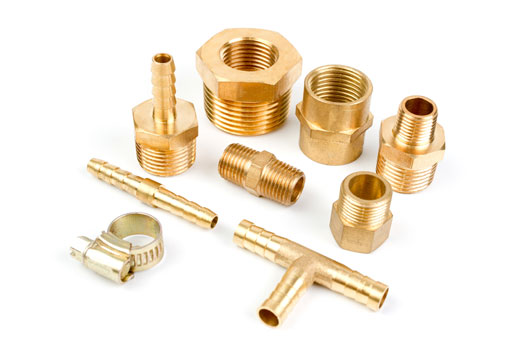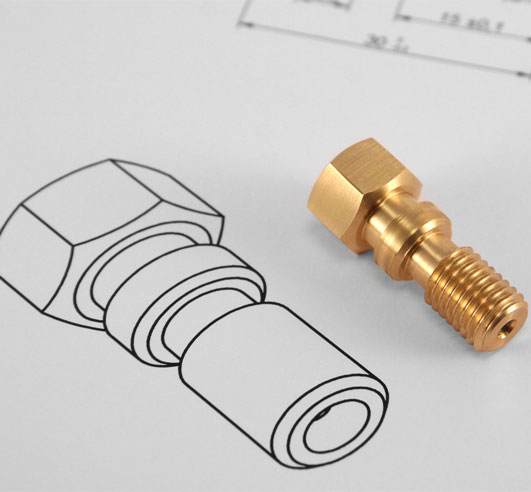In the manufacturing industry, CNC machined brass forged parts have been steadily growing in popularity due to their incredible strength and machinability. This blog post will dive deep into the world of CNC machined brass forged parts production, highlighting their unique properties, applications, and manufacturing processes.
What are CNC Machined Brass Forged Parts?
CNC (Computer Numerical Control) machining is a manufacturing process that involves cutting, shaping, and manipulating materials using computerized machines. Brass forging, on the other hand, is a process where brass, a metal alloy of copper and zinc, is heated and hammered or pressed into a specific shape. CNC machined brass forged parts are those that have undergone both processes to create strong, precise, and durable components.
Why Choose Brass For CNC Machined Parts?
Brass offers a distinct set of advantages as a material for CNC machined parts. Its unique properties, such as high tensile strength, excellent corrosion resistance, and superior machinability, make it ideal for a range of applications. Additionally, brass has non-sparking properties, which makes it suitable for use in hazardous environments where sparks can create a risk of fire or explosion.
The Brass Forging Process
The brass forging process involves several key steps, which ensure that the final product meets desired specifications and quality standards. These steps include:
1. Design and Prototyping: The initial stage involves the creation of a design and prototype of the brass forged part. This is crucial for identifying any potential flaws and optimizing the design before the forging process begins.
2. Material Selection: The next step is to choose the appropriate brass alloy that will best meet the requirements of the application. Brass comes in various grades, each with its own unique characteristics, so it's essential to select the most suitable one.
3. Heating: The chosen brass alloy is heated to a specific temperature (typically between 1,500~F and 1,700~F) to prepare it for the forging process. The temperature must be carefully controlled to ensure optimal forging conditions and prevent any damage to the brass.
4. Forging: Once the brass has reached the desired temperature, it is placed in a forging die and hammered or pressed into the desired shape. The force applied during the forging creates a denser, stronger material structure.
5. Cooling and Heat Treatment: After forging, the brass part is cooled through quenching or air cooling to prevent distortion or warping. Some brass parts require an additional heat treatment process, such as annealing or normalizing, to further refine the material properties.
6. Machining and Finishing: The final stage in the production of brass forged parts is CNC machining. The forged part is placed in a CNC machine, which cuts, shapes, and manipulates the brass into its final form. After machining, additional finishing processes can be applied, such as cleaning, polishing, or plating.
Applications of CNC Machined Brass Forged Parts
CNC machined brass forged parts can be found in various industries, including aerospace, automotive, construction, electronics, marine, plumbing, and many more. Some common applications include:
Plumbing fixtures: Brass is widely used in the production of plumbing components, such as valves, faucets, and fittings, due to its corrosion resistance and excellent machinability.
Automotive components: Brass forged parts are vital in the automotive industry, as they are used in the production of radiators, engine parts, and various electrical components.
Aerospace components: Brass is a popular material for aerospace applications, including hydraulic and pneumatic systems, due to its strength and non-sparking property.
Electrical components: Brass's excellent conductivity and resistance to corrosion make it perfect for producing electrical components such as connectors, switches, and circuit breaker components.
As we continue to advance in technology and our understanding of materials, it's essential to recognize the critical role that CNC machined brass forged parts play in modern manufacturing. Their unique combination of strength, durability, and machinability make them ideal candidates for countless applications across multiple industries. By studying and improving brass forging and CNC machining techniques, manufacturers will continue pushing the boundaries of what's possible with these versatile and robust materials.
cnc machined brass forged parts production







